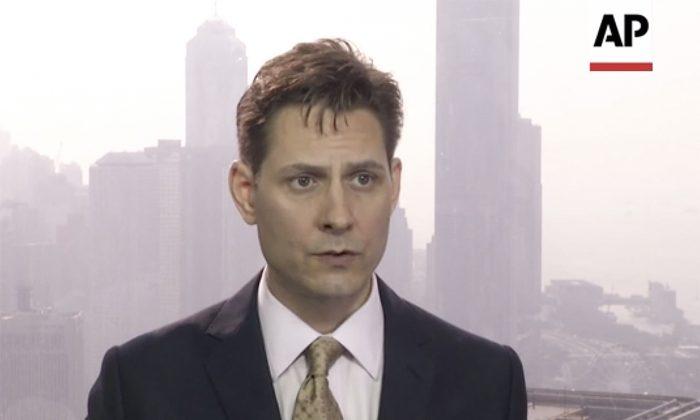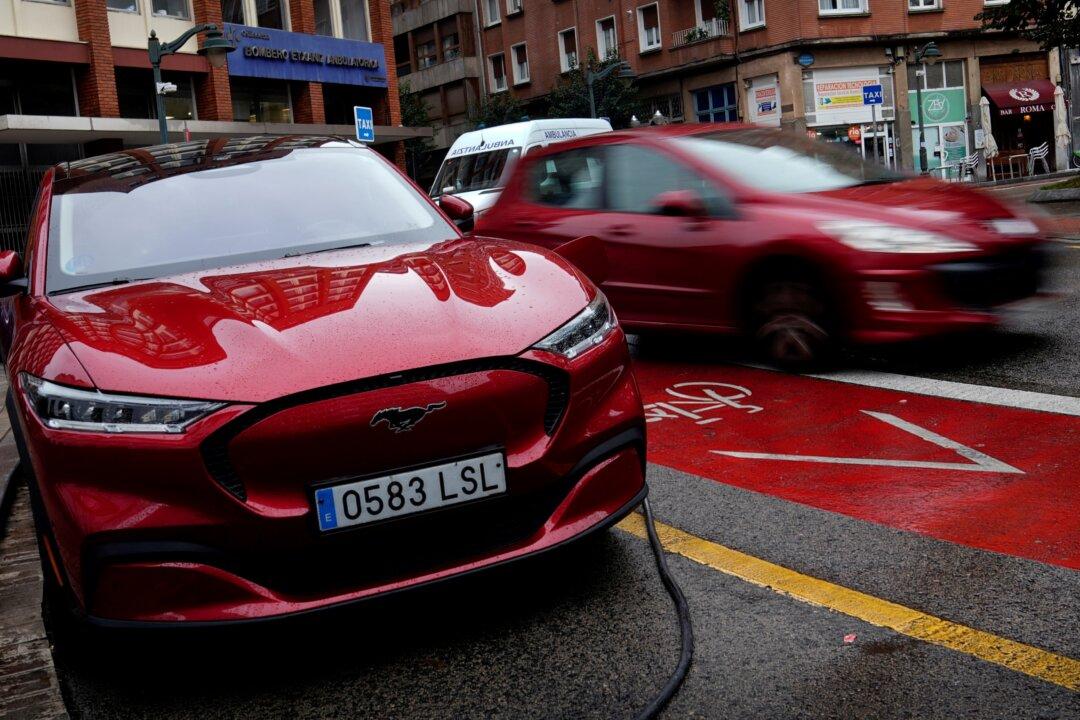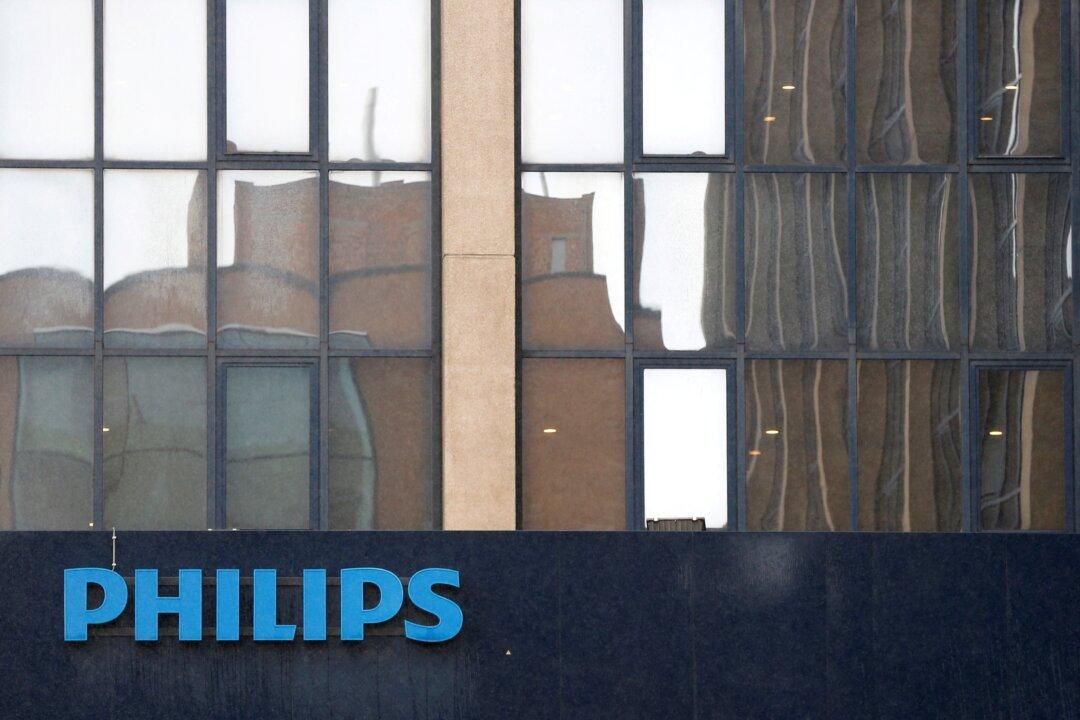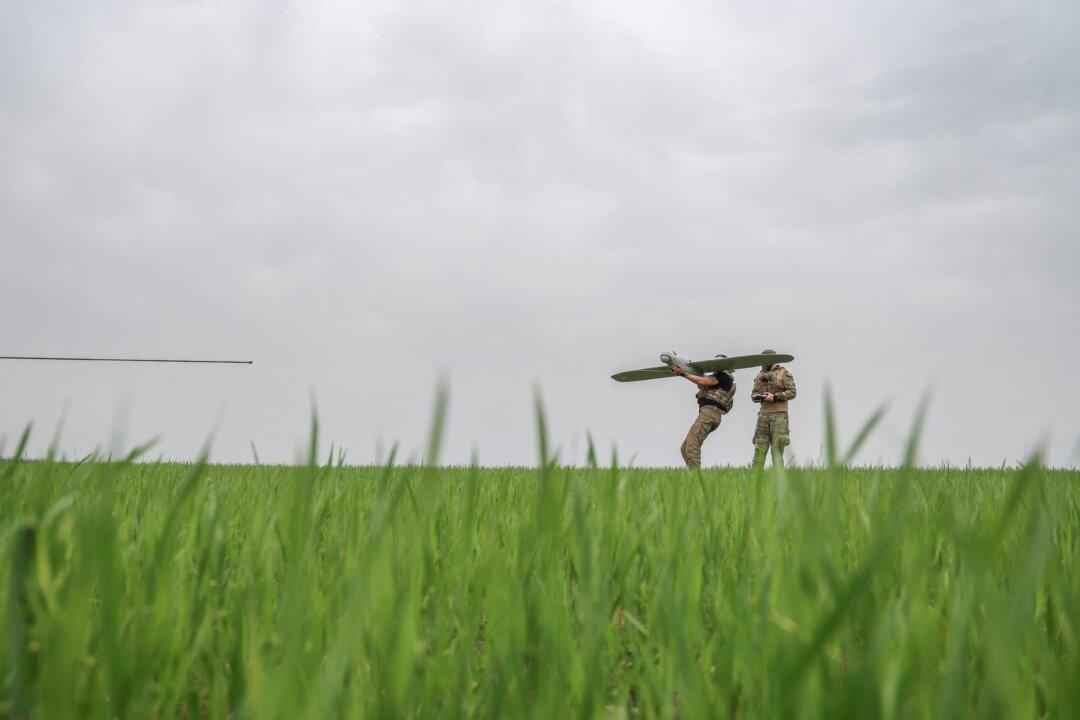BEIJING/SHANGHAI—Chinese authorities are questioning former Canadian diplomat Michael Kovrig, who was detained days after the arrest in Canada of Huawei executive Meng Wanzhou, on suspicion of engaging in activities that harmed China’s national security.
The state-run Beijing News said on Dec. 12 that Kovrig, who works for the International Crisis Group (ICG), had become the subject of an investigation by the Beijing State Security Bureau.
He was detained after police in Canada arrested Meng Wanzhou, the chief financial officer of China’s Huawei Technologies Co Ltd, on Dec. 1 at the request of U.S. authorities, infuriating Beijing.
The Canadian government has said it saw no explicit link to the Huawei case.
“Canadian citizen Michael John Kovrig was on Dec. 10 investigated in accordance with the law by the Beijing State Security Bureau on suspicion of engaging in activities that harm China’s state security,” the newspaper said in a brief report.
The case is continuing to be investigated, it added without elaborating.
Accusations of harming state security could cover a wide range of suspected crimes, and in China are often very vague when first leveled.
Canadian Prime Minister Justin Trudeau said Ottawa was engaging with Chinese officials about the case.
“This is obviously an issue that we are taking very seriously and it is ongoing,” he told reporters in Ottawa on Wednesday.
The ICG, a think-tank focused on conflict resolution, said in an earlier statement Kovrig was detained by state security officials in Beijing on Monday night.
Diplomats in China said the apparent involvement of the secretive state security ministry, which engages in domestic counter-espionage work, among other things, suggests the government could be looking at leveling spying accusations.
However, ICG President and Chief Executive Robert Malley said the group did not engage in such activity.
“I don’t want to speculate as to what’s behind it but I am prepared to be categorical about what’s not behind it, and what’s not behind it is any illegal activity or endangering of Chinese national security,” Malley told Reuters, before the state media report came out.
“Everything we do is transparent, it’s on our website. We don’t engage in secretive work, in confidential work.”
Chinese foreign ministry spokesman Lu Kang, also speaking earlier in the day, said he had nothing he could say on the details of the case. He said the ICG was not registered in China as a non-government organization (NGO) and Kovrig could have broken Chinese law.
“If they are not registered and their workers are in China undertaking activities, then that’s already outside of, and breaking, the law, revised just last year, on the management of overseas non-governmental organizations operating in China,” Lu said.
The Ministry of Public Security, which has oversight over foreign NGOs, did not respond to a request for comment. China’s Ministry of State Security has no publicly available contact details.
‘No Coincidences’
William Nee, China Researcher for Amnesty International’s East Asia Regional Office in Hong Kong, said Kovrig’s detention was alarming, especially as it appeared to be the first time the law has been used to detain a foreign NGO worker.“We need to wait for the official explanation from the Chinese side, but this detention could have a chilling effect on the foreign NGO and business communities in terms of their feeling safe while traveling in China,” he told Reuters.
Guy Saint-Jacques, Canada’s former ambassador to China, was asked by the Canadian Broadcasting Corp on Tuesday whether the Kovrig detention was a coincidence after the arrest of Huawei executive Meng Wanzhou.
“In China there are no coincidences ... If they want to send you a message, they will send you a message,” he said.
A Western diplomat in China, who asked not to be identified, was even more blunt: “This is a political kidnapping.”
China had threatened severe consequences unless Canada released Meng immediately and analysts have said retaliation for the arrest was likely.
Meng was granted bail by a Canadian court on Tuesday, 10 days after her arrest in Vancouver at the request of U.S. law enforcement. She is accused of committing fraud in relation to skirting U.S. sanctions on Iran. She allegedly lied to U.S. banks about Huawei’s relationship with Skycom, a Hong Kong-based company that reportedly conducted business with Iran and that prosecutors say is, in fact, controlled by Huawei. Meng denies the allegations.
Under Canada’s extradition treaty with the United States, Canada is obligated to carry out requests by the United States for arrests if the requirements of the treaty are met.
In 2014, shortly after Canada acted on an extradition request from the United States to detain Chinese national Su Bin over charges of stealing sensitive military information, Julia and Kevin Garratt, a Canadian couple who lived in China for decades, were suddenly arrested and charged with espionage. Julia was eventually released in 2015, and Kevin in 2016. Su, who was extradited to the United States after his arrest in Canada, pleaded guilty to the offenses he was charged with in 2016.
Chinese Regime Has ‘Difficulty Understanding’ Rule of Law
North American commentators were swift to point out the difference between the judicial systems in liberal democracies such as Canada and the United States, and under one-party-rule in China.Roland Paris, a former foreign policy adviser to Canadian Prime Minister Justin Trudeau, said the regime’s threats against Canada won’t work.
“Perhaps because the Chinese state controls its judicial system, Beijing sometimes has difficulty understanding or believing that courts can be independent in a rule-of-law country. There’s no point in pressuring the Canadian government. Judges will decide,” Paris wrote on Twitter on Dec. 8
“I think this is very typical of China’s behavior,” said Brian Lee Crowley, managing director of the think tank Macdonald-Laurier Institute. “They look at how they behave domestically, and how every institution in China must bend to the will of the Communist Party, and they just assume that every other society is organized the same way.”





